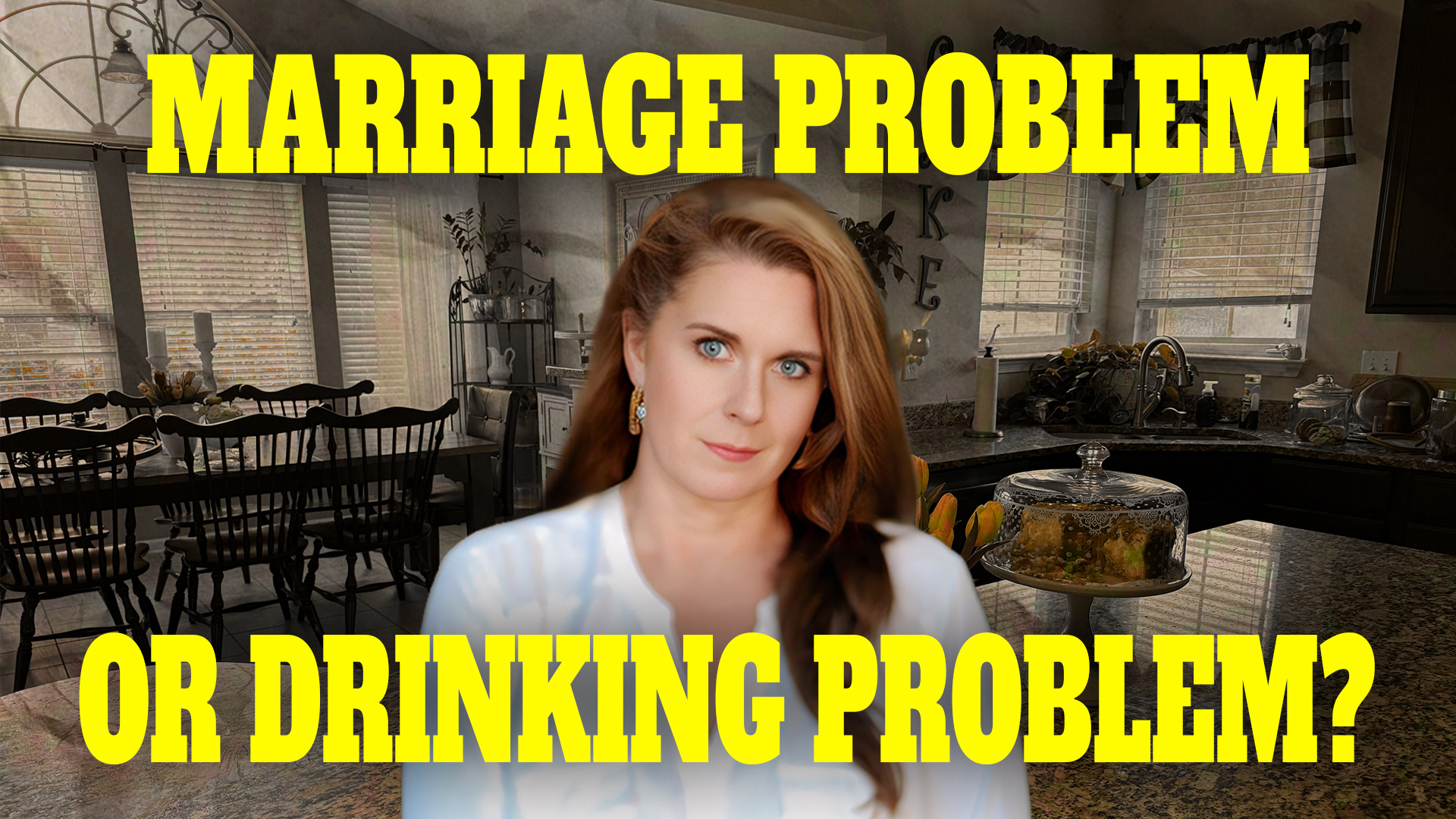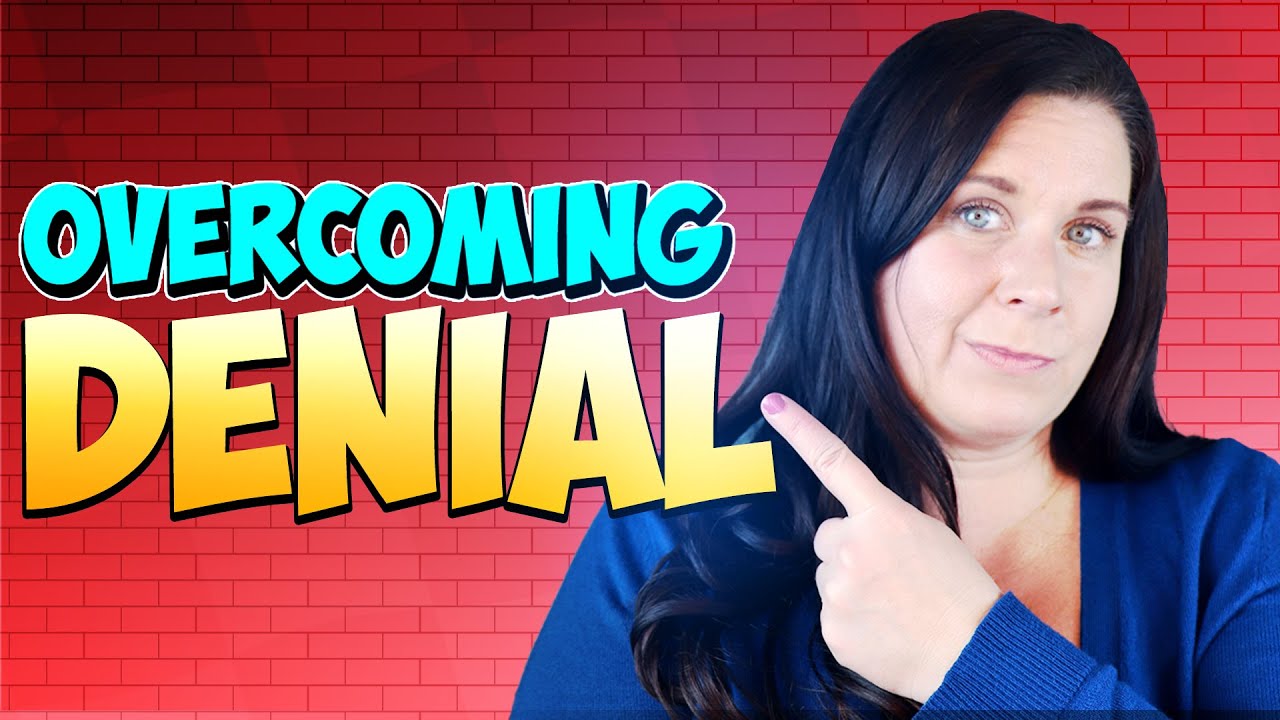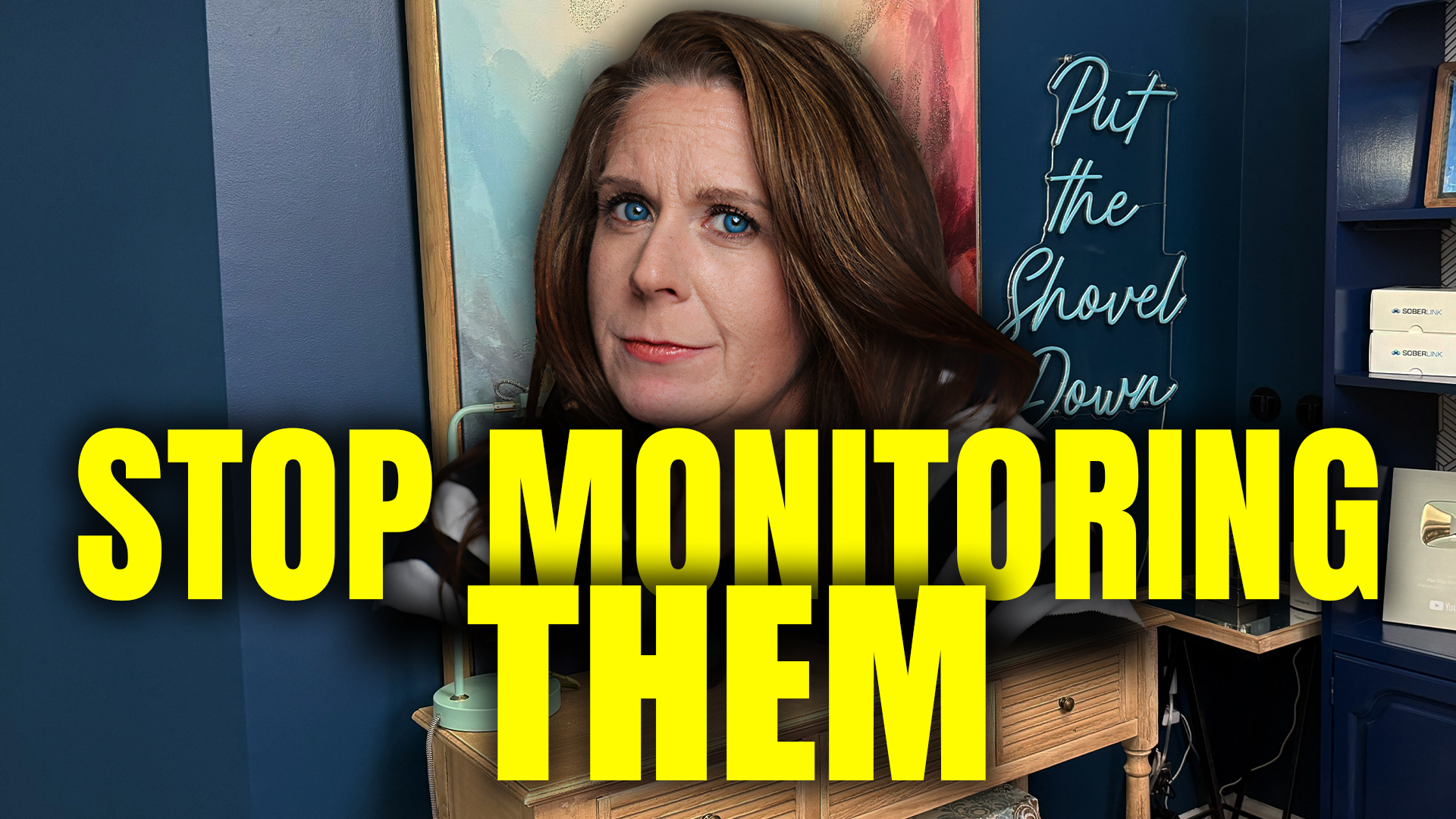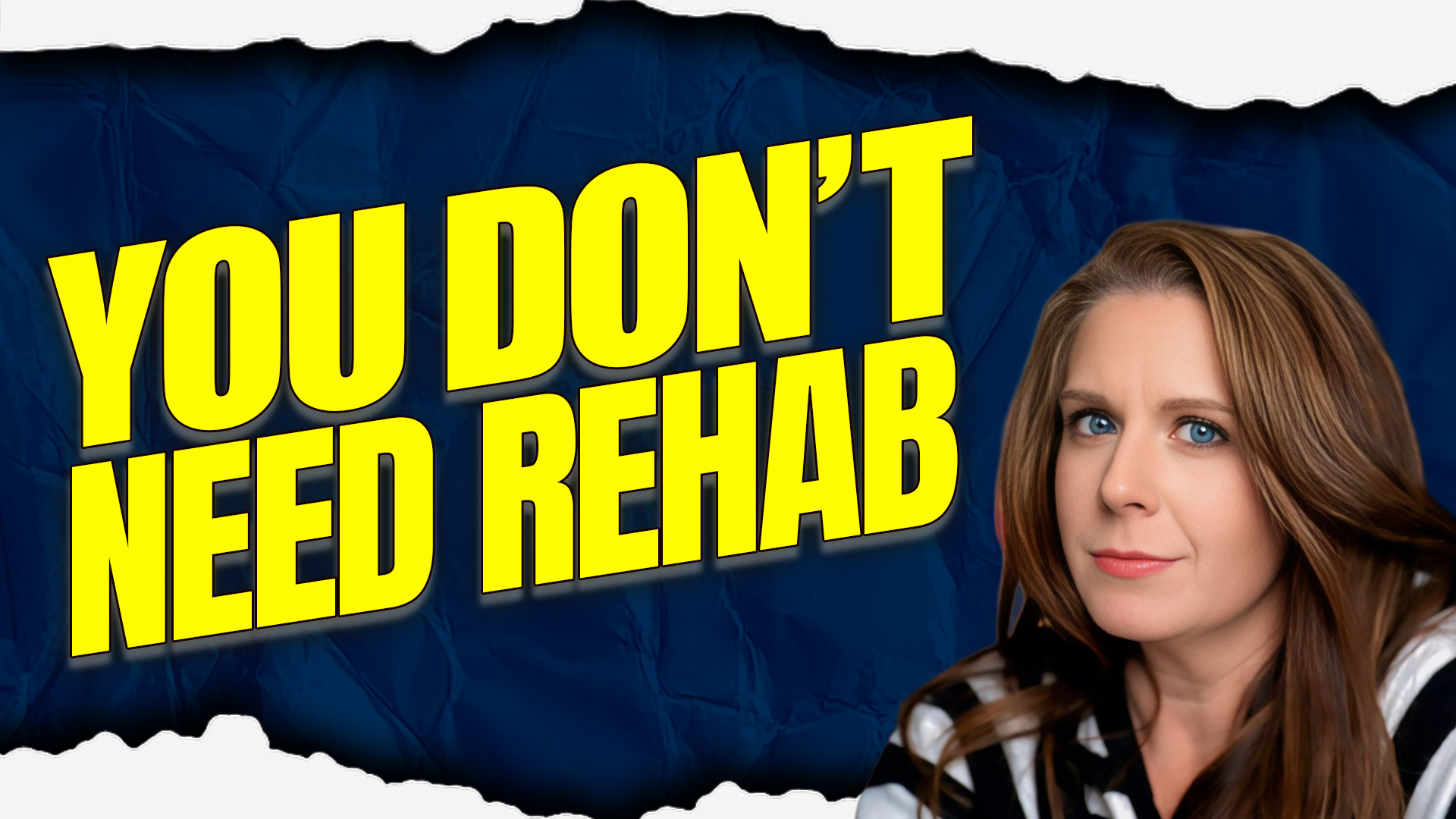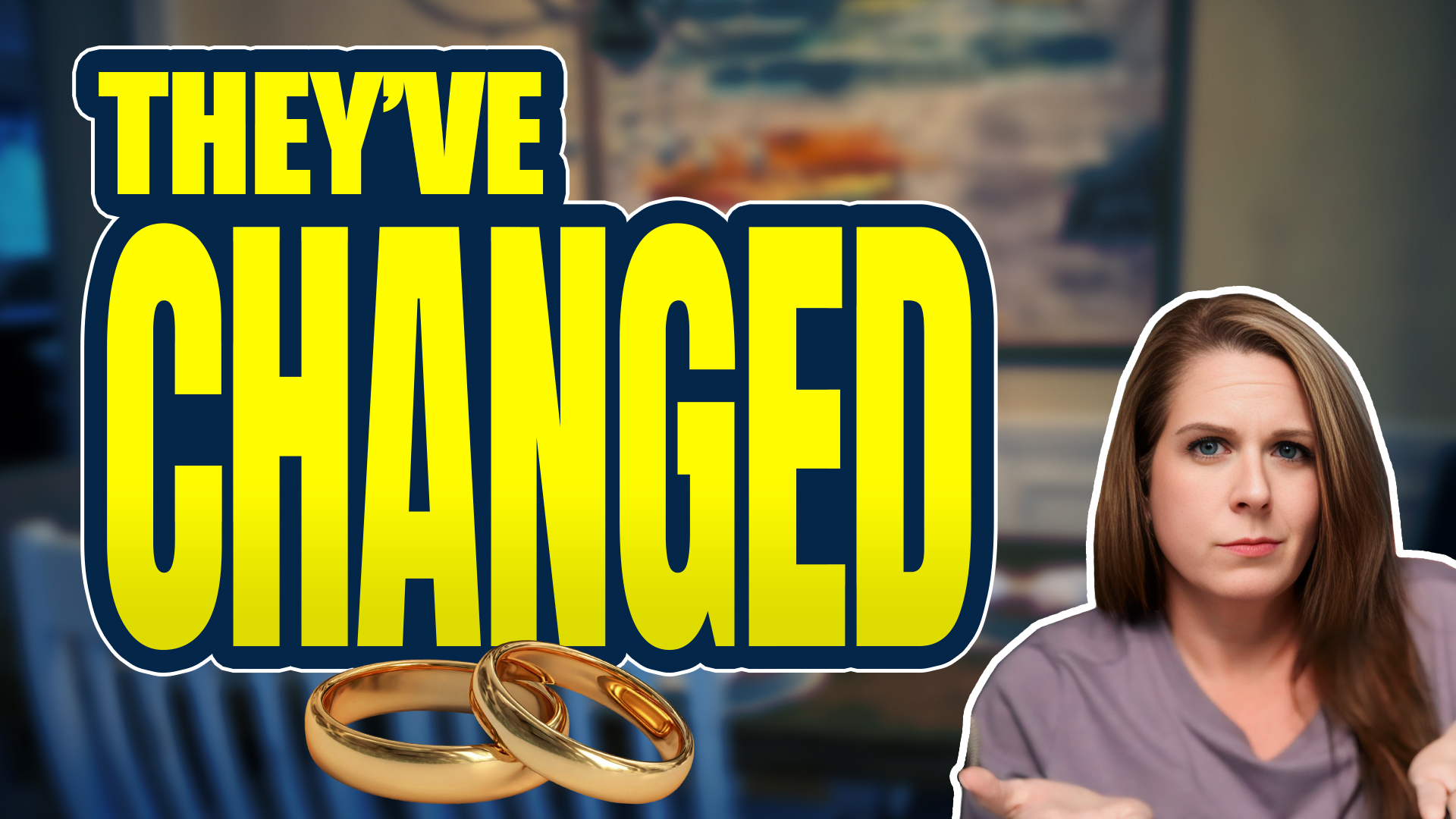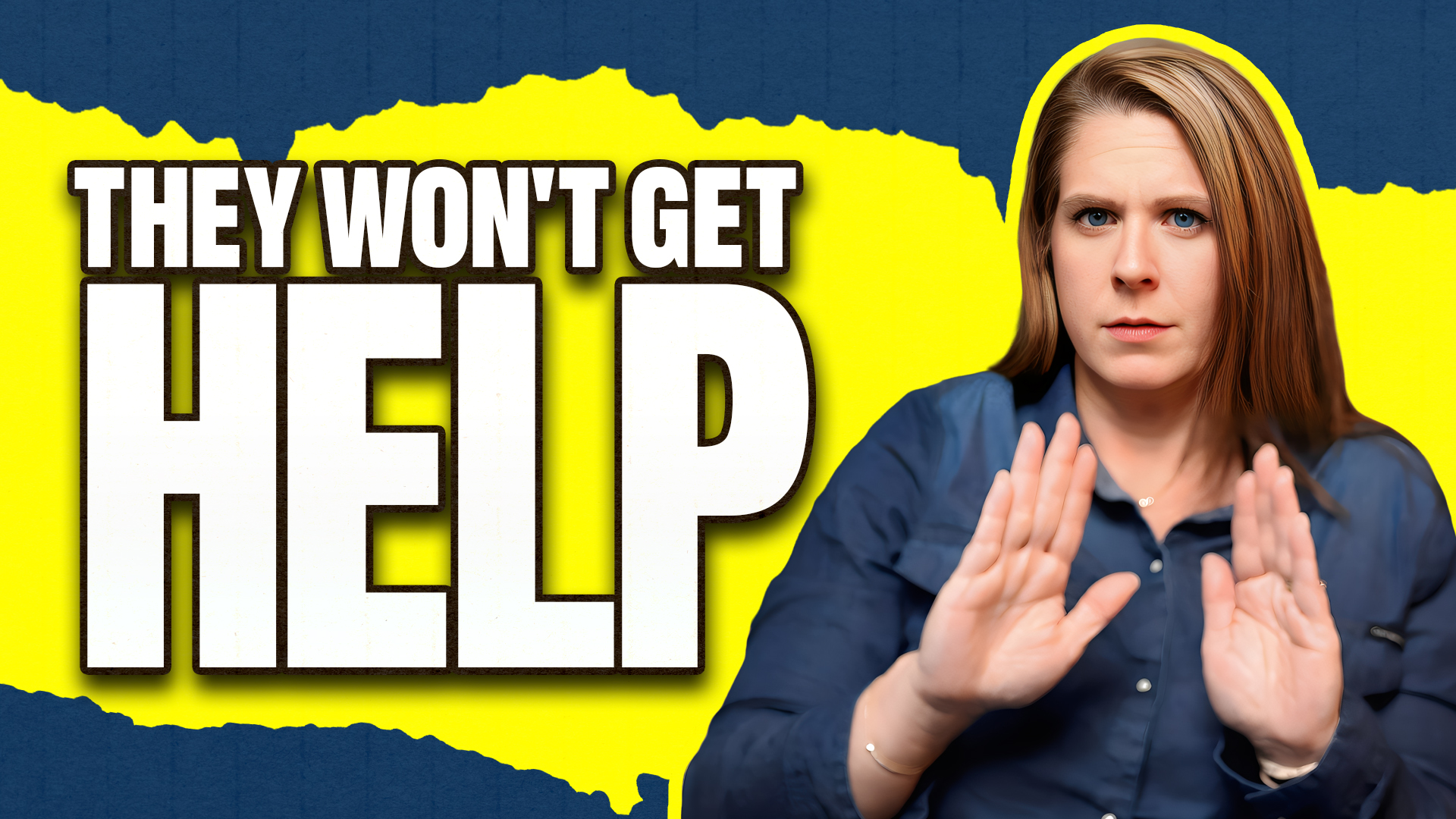Why They Keep Choosing Addiction Over You
Are They Choosing Addiction Over You? The Neuroscience Behind Alcohol, Pills, and Broken Promises
If you’re reading this, chances are someone you love keeps choosing alcohol or drugs — and it feels like they’re choosing it over you.
Over your marriage.
Over your kids.
Over your peace.
And that hurts in a way that’s hard to explain.
You’ve probably thought:
-
How can they choose drinking over our family?
-
How can they see what this is doing to me and still keep going?
-
Why am I coming in second place to a substance?
Let me say this clearly:
You are not crazy for feeling this way.
The rejection feels real.
The abandonment feels real.
The betrayal is real.
But what if they’re not actually choosing addiction over you?
What if something else is happening inside their brain?
Understanding this could completely change how you approach addiction in your relationship.
The Addicted Brain: What Neuroscience Really Shows
Here’s what most partners don’t realize:
When your lo...
Stop trying to catch them in a lie (Do this instead)
Stop Playing Detective: How to Handle Lying in Addiction Without Losing Your Mind
If you’re living with someone who struggles with alcohol, let’s just say the quiet part out loud.
You know they’re lying.
They said they only had two drinks.
But you counted three empties in the recycling.
And that doesn’t include the ones they probably hid somewhere else.
They swear they didn’t drink before you got home.
But you can smell it.
They promise they’re “cutting back.”
Yet somehow the bottles keep disappearing.
So what do you do?
You turn into Sherlock Holmes.
You start gathering evidence. Counting bottles. Checking receipts. Doing breath checks during hugs. Mentally calculating ounces like you’re preparing a courtroom case.
And when you finally present your airtight proof?
They deny it.
They get defensive.
They flip it on you.
And somehow… you end up looking like the crazy one.
Let’s talk about why that happens — and what actually works instead.
Why Catching Someone in a Lie About Dri...
Moderation Isn't Freedom, It's a Full Time Job
Why Moderating Your Drinking Is Often More Exhausting Than Quitting
When people first start questioning their drinking, moderation feels like the safest answer.
It feels reasonable. Measured. Responsible.
You tell yourself, I do not need to quit. I just need better rules.
Two drinks maximum. Only on weekends. Never before 5:00 PM.
On the surface, moderation sounds like freedom. But psychologically, moderation keeps alcohol at the center of your life. It keeps your brain engaged in a constant cycle of monitoring, evaluating, and negotiating. And most people do not realize how exhausting that becomes until they experience what it feels like when that mental noise finally stops.
This is something I see all the time in high functioning, intelligent, disciplined people. People like Marcus.
Marcus was a successful software engineer with a family and a stable life. He was not someone who looked out of control from the outside. But his wife noticed something important. He was less ...
Marriage Problem or Drinking Problem? Here's How To Tell
You’re Less Present Than You Think: How Alcohol Quietly Erodes Connection in a Marriage
You think you’re still there.
You’re sitting on the couch together. Watching TV. Having conversations. You’re present… or at least, you think you are.
But after a few drinks, your partner can tell the difference.
Your responses are a little slower.
You’re less engaged.
Not quite yourself.
And over time, they begin to feel like they’re talking to a version of you — not the real you.
The Small Changes That Don’t Feel Small to Your Partner
Most people don’t set out to lie to their spouse.
You say you’ll only have two. Then it’s three or four.
You say you’ll cut back on weeknights. Then Wednesday rolls around, and suddenly it feels like the weekend.
These aren’t intentional betrayals. They’re small shifts.
But your partner notices every single one.
And slowly, without even realizing it, they start adjusting their life around your drinking.
How Your Partner Is Quietly Adapting to Alcohol
T...
Why They Won't Admit They Have a Problem
Functional Alcoholic Denial: Why They Say They’re “Fine” (and What Actually Breaks Through)
If you’re dealing with a functional alcoholic—a spouse, partner, adult child, or parent who “still goes to work” and “handles business”—you’ve probably had this same maddening thought:
How can they look you in the eye and act like nothing’s wrong?
Functional alcoholism comes with a very specific kind of denial, and it’s tougher to break through than most people realize. Not because you’re doing it wrong… but because two major roadblocks are working against you from the start.
In this post, we’re going to unpack:
-
Why denial is so strong with functional alcoholics
-
Why your reality and their reality don’t match (and never will without help)
-
Whether recording them “to show them” is a good idea
-
The most important key to creating real change—without it turning into a war
What is a functional alcoholic?
A functional alcoholic is someone whose drinking is causing harm—emo...
Accountability vs. Surveillance: What Actually Rebuilds Trust
Why Being the “Alcohol Police” Is Destroying Your Relationship (And What Actually Works)
You never applied for this job.
You didn’t sign up to be the alcohol police in your own home—but somehow, that’s exactly what you’ve become.
You’re counting drinks.
Checking the recycling.
Smelling their breath.
Watching the clock to see when they pour that first glass.
And even when they’re “doing better,” you’re exhausted.
Today, we’re talking about why monitoring doesn’t work, how it quietly destroys relationships, and what actually helps instead.
How This Role Sneaks Up on You
This didn’t start because you wanted control.
It started because:
-
Promises were broken
-
“Just two drinks” turned into five
-
“I’ve got this handled” turned into another letdown
So you started paying attention—because someone had to.
At first, it felt responsible. Like helping. Like protecting your family.
Now?
You feel like a detective in your own home—and you hate it.
One woman told me she ch...
Rehab Isn't the Only Path to Recovery
Rehab Isn’t the Only Way to Recover: Real Alternatives for People Who Aren’t Ready for 30 Days Away
If you’re reading this, chances are you already know something isn’t right with your drinking or substance use.
But every time you think about getting help, your mind jumps straight to rehab —
30 days away from your life.
Your job.
Your family.
Your responsibilities.
And something in you immediately says, “Nope. Not happening.”
So you do… nothing.
Here’s what I want you to know right up front:
Not wanting to go to rehab does NOT mean you’re not ready to change.
It just means rehab might not be the right tool for you right now.
Why Rehab Feels Like a Non-Starter for So Many People
Rehab has become the default answer to addiction, but for many people, it feels unrealistic or impossible.
Maybe you:
-
Can’t take 30 days away from work
-
Have kids or family who depend on you
-
Can’t afford inpatient treatment
-
Don’t want everyone knowing your business
-
Heard horror s...
Alcoholic or Problem Drinker?
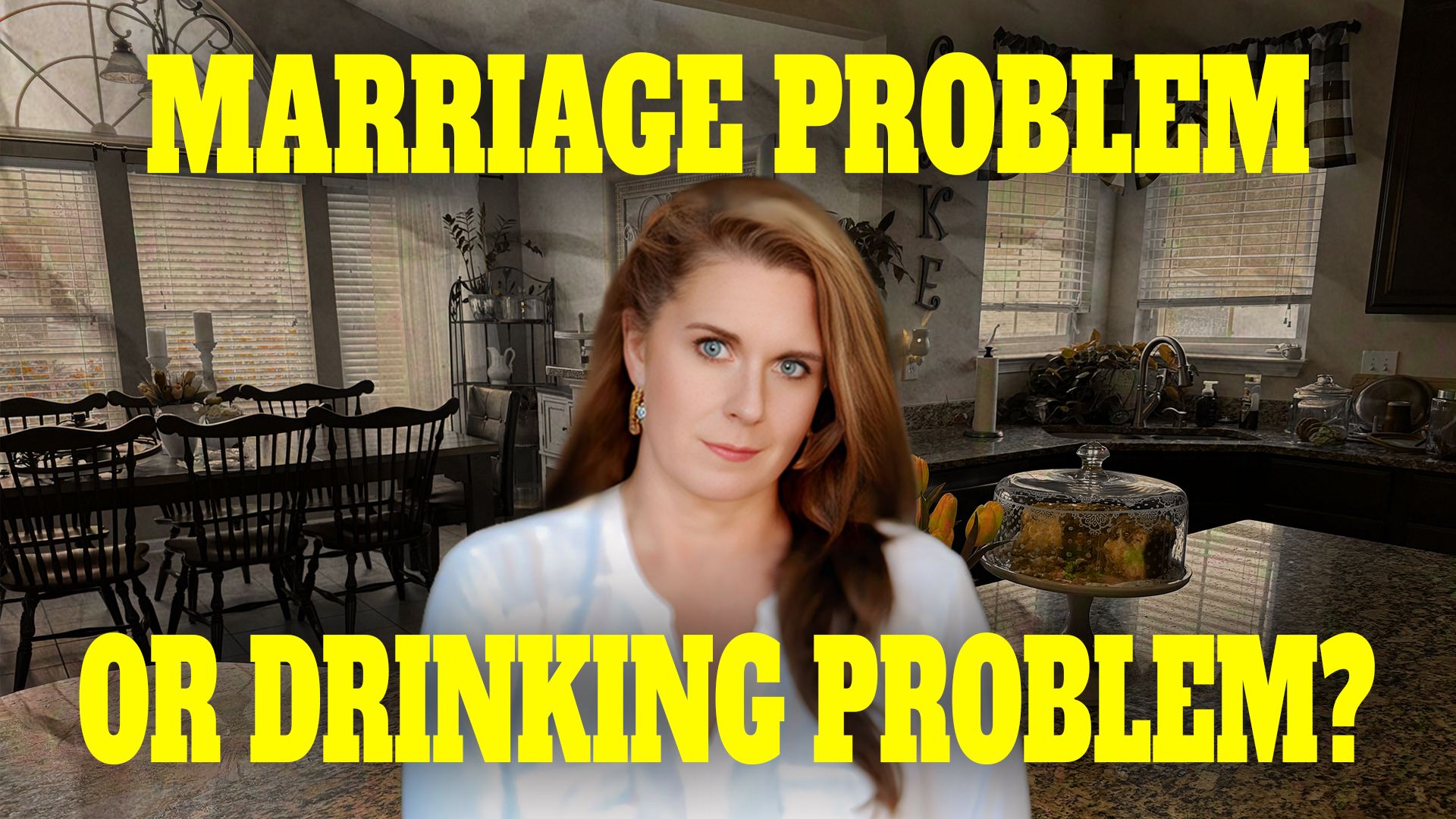
Am I a Problem Drinker or an Alcoholic? Why the Label Doesn’t Matter
One of the most common questions people ask when they start questioning their drinking is this:
“Am I a problem drinker or an alcoholic?”
It feels like an important question — because if you’re just a problem drinker, maybe you can fix it on your own. But if you’re an alcoholic, that sounds like a whole different level.
Here’s the truth most people don’t hear often enough:
👉 The label doesn’t matter.
👉 What matters is whether alcohol is causing problems in your life.
And if it is, you don’t need to spend months (or years) debating definitions. You just need to decide what to do next.
Why This Question Keeps You Stuck
The word alcoholic carries a lot of baggage.
For most people, it brings up a very specific image:
-
Someone who’s lost everything
-
Someone who drinks first thing in the morning
-
Someone who can’t function at all
So if that’s not you, it’s easy to tell yourself:
-
“I’m not that...
Grieving the Person You Thought You Married
Ambiguous Grief: Mourning an Addicted Spouse Who Is Still Alive
One of the hardest parts of loving someone with an addiction isn’t just the drinking, the using, the mood swings, or the unpredictability.
It’s the grief.
A grief almost no one talks about.
Because the person you’re grieving is still alive—and still standing right in front of you.
What Is Ambiguous Grief?
This experience has a name: ambiguous grief.
Ambiguous grief happens when you’re mourning someone who is still physically present but emotionally unavailable or fundamentally changed. There’s no clear ending. No funeral. No casseroles dropped off at your door. No moment when the world agrees that you’re “allowed” to fall apart.
So instead, you keep showing up.
You keep functioning.
You keep hoping things will change.
And all the while, you’re grieving—quietly and alone.
This is one of the loneliest forms of grief there is.
What You’re Really Mourning (Even If You Can’t Put It Into Words)
Many people living wi...
They Won't Go To Counseling Now What?!?!
Why Your Loved One Refuses to Get Help (And What Actually Works Instead)
You’ve sent the articles.
You’ve shared videos.
You may have even made the appointment for them.
And still… they won’t go.
If you’re trying to get a spouse, child, sibling, or parent to get help—and nothing you do seems to work—this post is for you. And first, let’s get one thing straight:
You are not failing.
And there is nothing wrong with you.
This is one of the most common struggles people face when loving someone who clearly needs help—but refuses it. In fact, it’s the exact reason the “whole family model” exists in addiction and behavior change work. For years, people would call and say:
“I really want you to see my husband… my sister… my son… but I can’t get them to come.”
Sound familiar?
Here’s the truth most people don’t tell you:
You can’t convince someone to get help.
But that doesn’t mean you’re powerless—it just means you need a different approach.
Why People Resist Getting Help
Befor...



